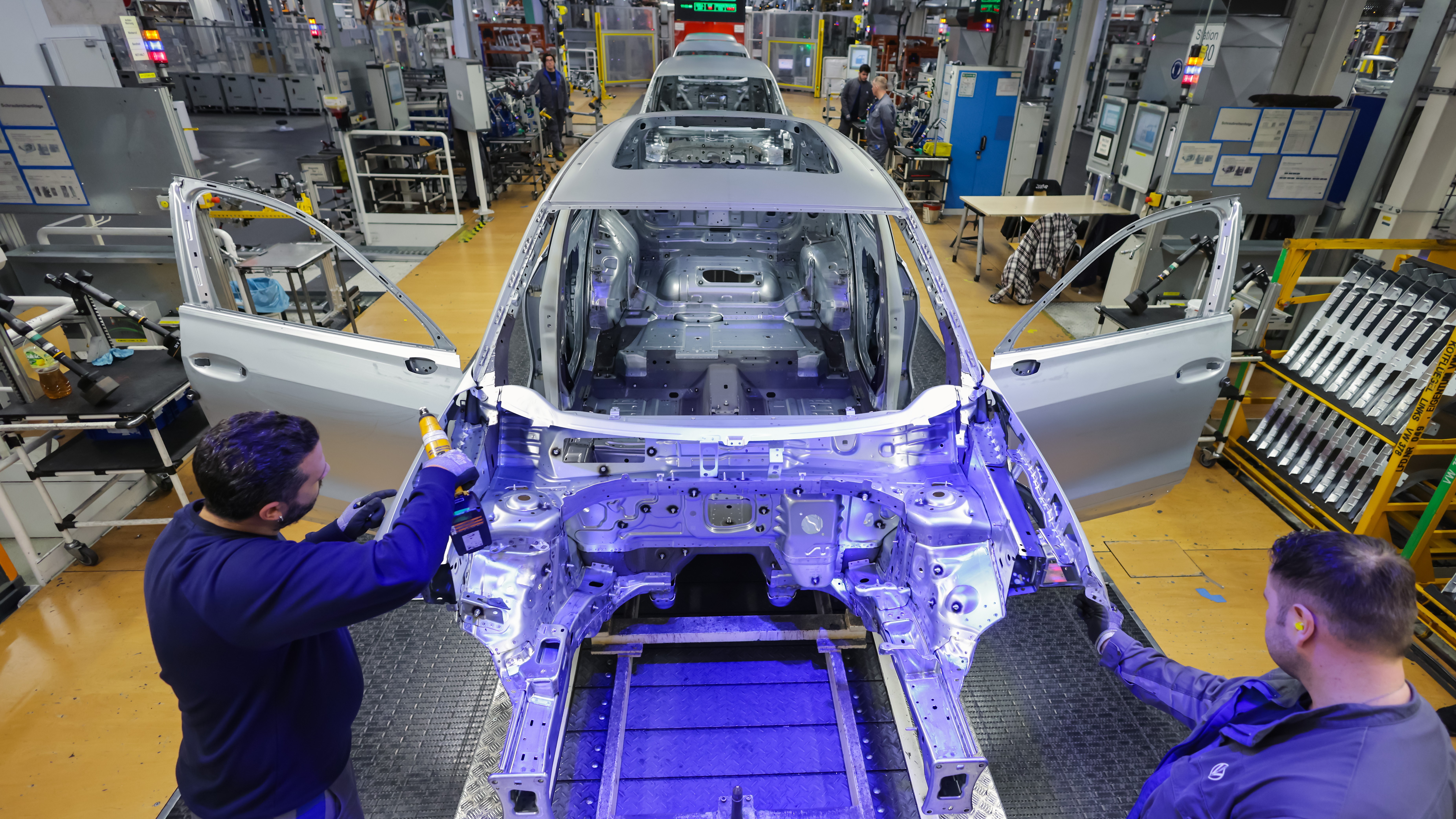The problem for Sir Keir Starmer as he attempts to negotiate a tariff exemption from the US is that Britain’s main goods exports to America are all in sectors that Donald Trump has a particular interest in targeting.
Each year the UK exports about £60 billion worth of goods to the US but this trade is skewed towards certain sectors.
In 2023, for example, cars alone accounted for £7.6 billion of exports while pharmaceuticals were worth a further £8.8 billion.
Trump, however, has made clear that he sees tariffs in these areas not just as a revenue-raising opportunity, but as a question of America’s sovereign capability to produce these products on its own soil.
In short, he wants cars, drugs and steel to be made in the US and not imported — even if the country they are being imported from is an ally.
Already he has imposed a 25 per cent tariff on UK steel, aluminium and car exports, and indicated that pharmaceuticals are also in his sights.
The issue facing Starmer, therefore, is that even if he can negotiate exemption from so-called global tariffs — imposed on all UK exports to the US — he will find it much harder to do the same from sector-wide tariffs in areas like pharmaceuticals and cars.
The other problem is that Britain has a weak negotiating hand. Starmer could threaten, like other countries, to retaliate and impose tariffs on key American exports. However, as the Office for Budget Responsibility, the fiscal watchdog, pointed out yesterday, this would simply increase the hit to the government’s finances.
Ministers hope the fig leaf of a limited trade deal with the US might incentivise the president to spare Britain from his wider trade war.
But for the moment at least, that is only a hope.




